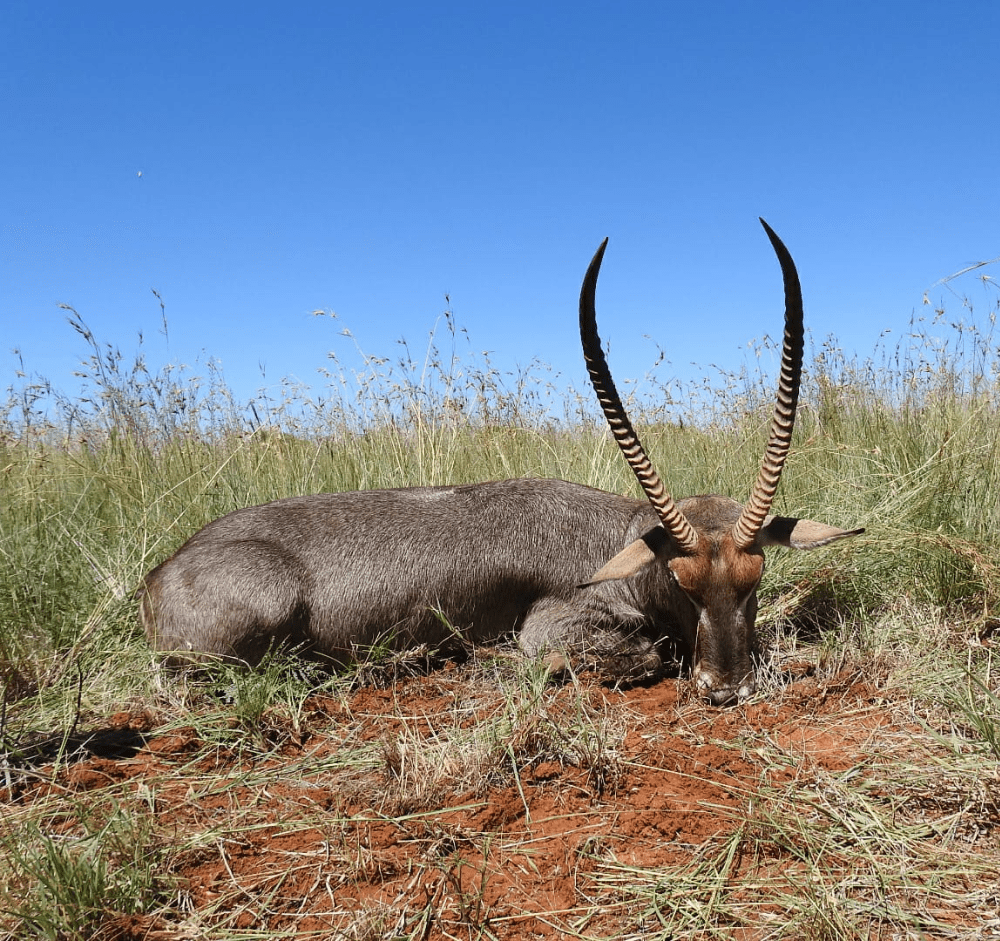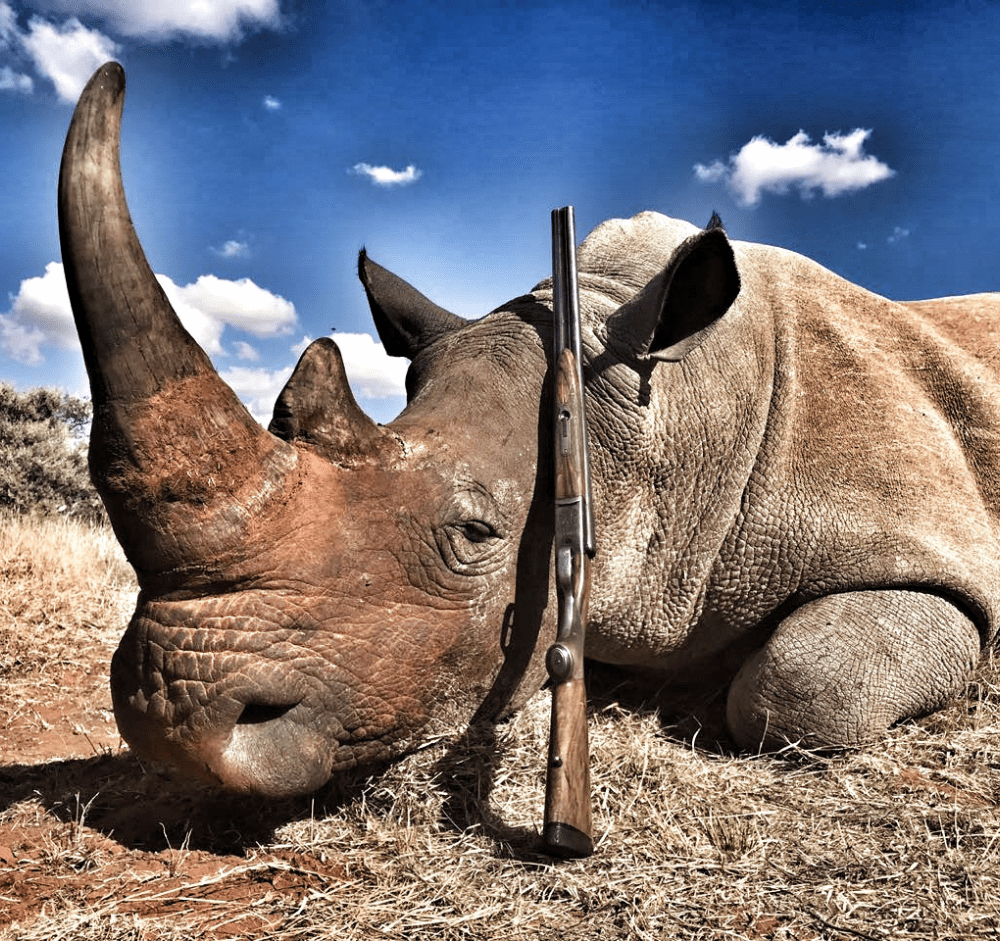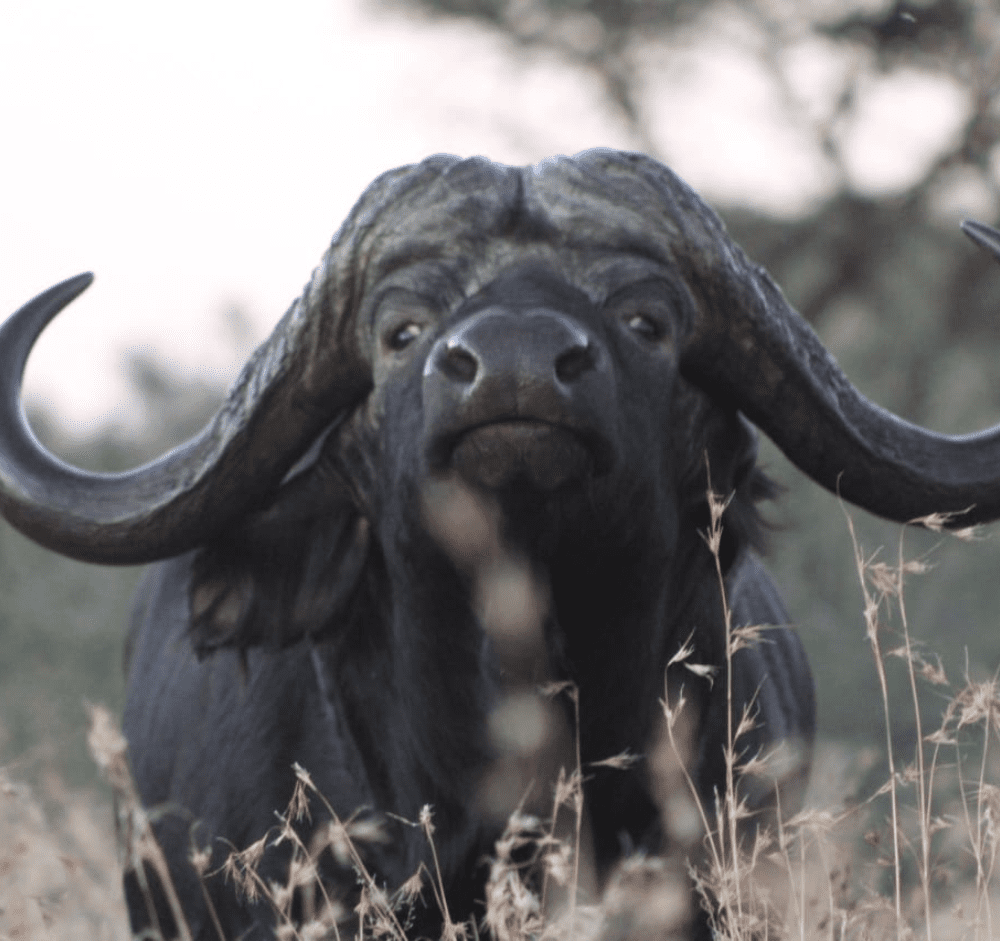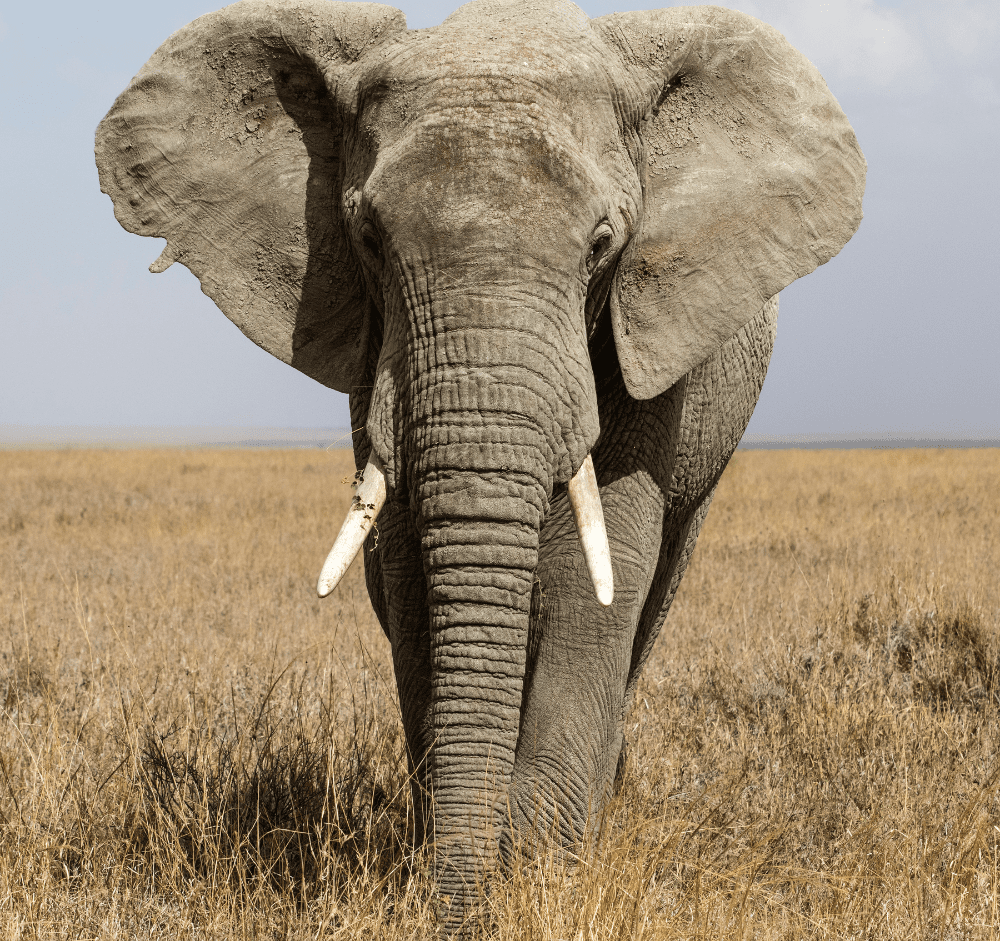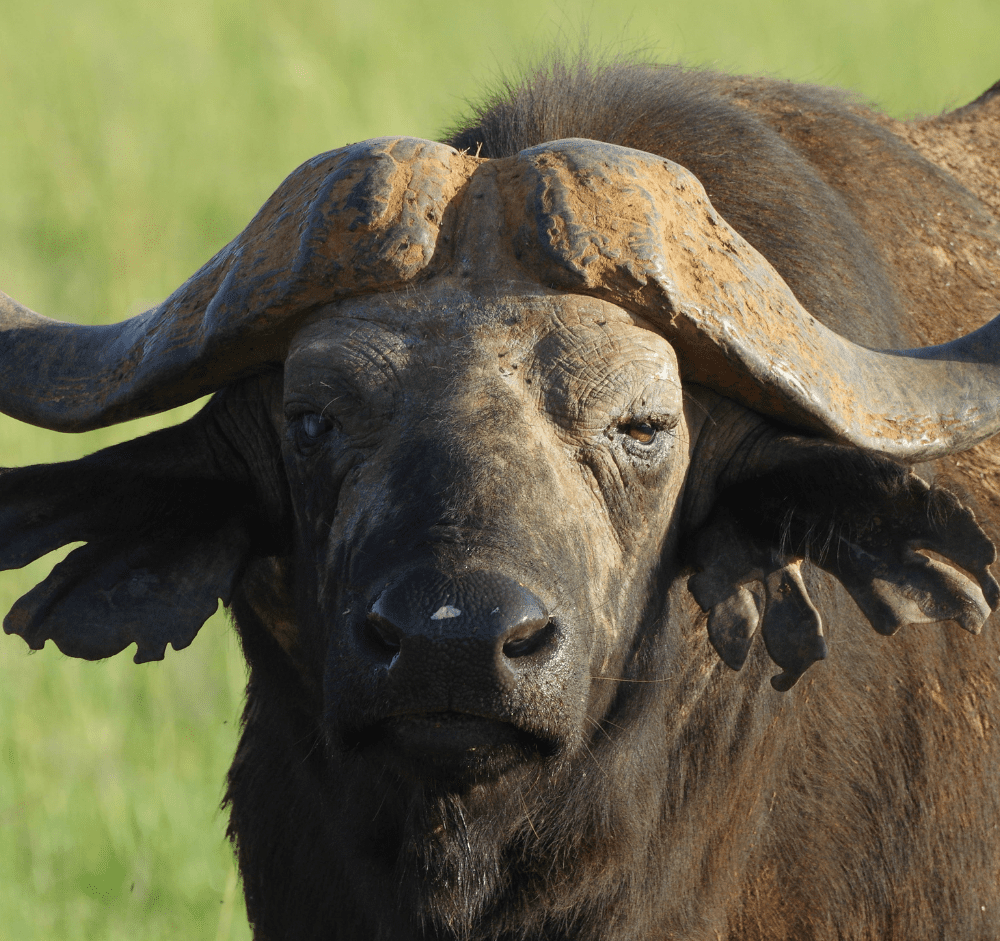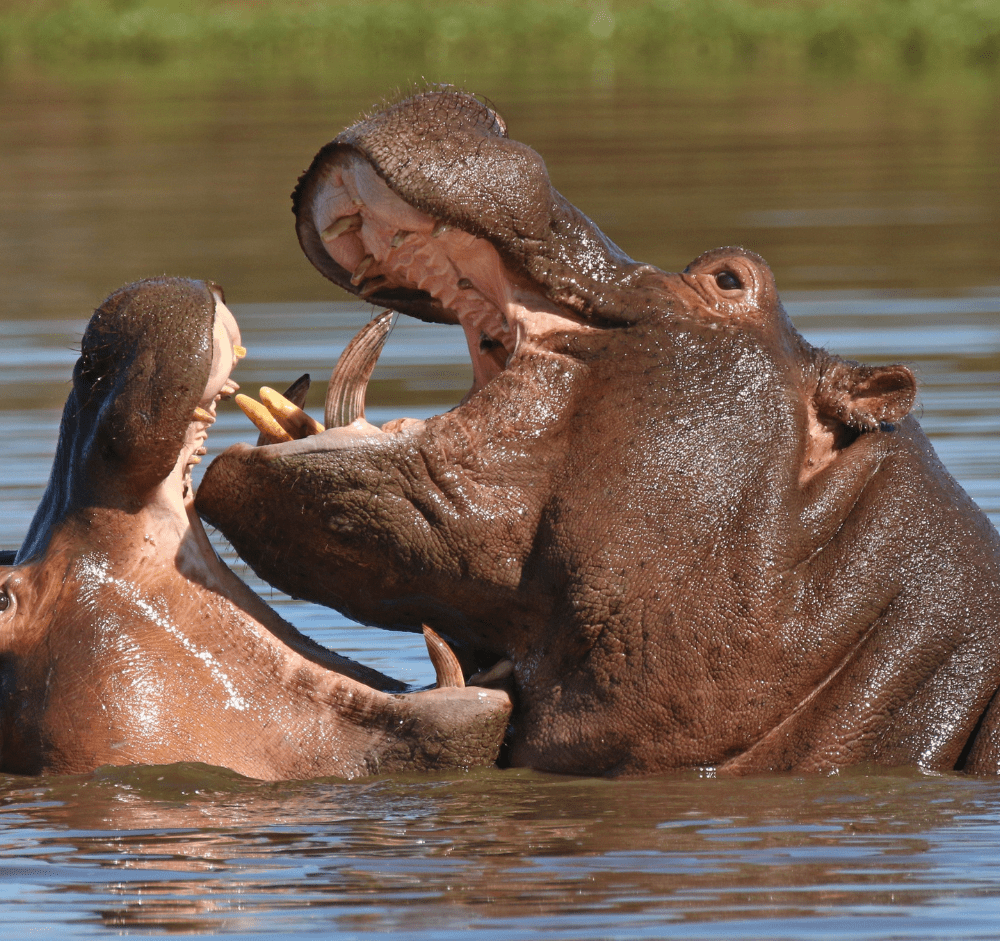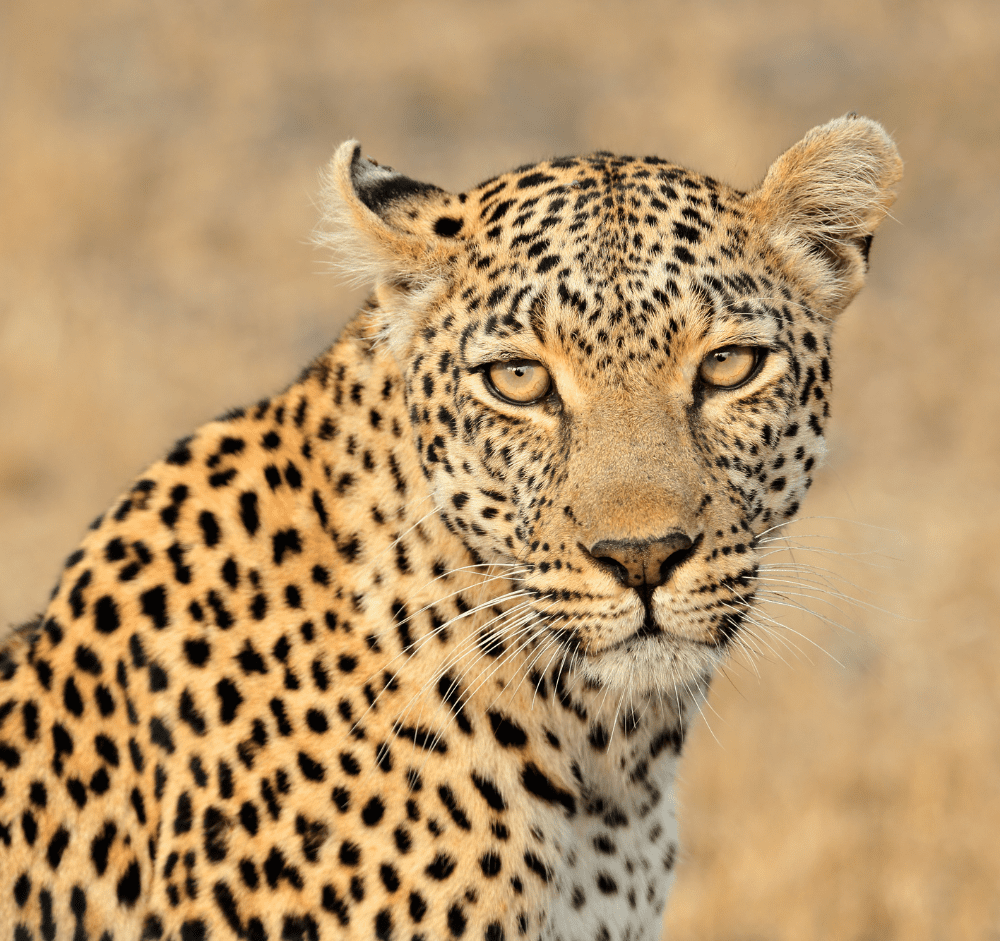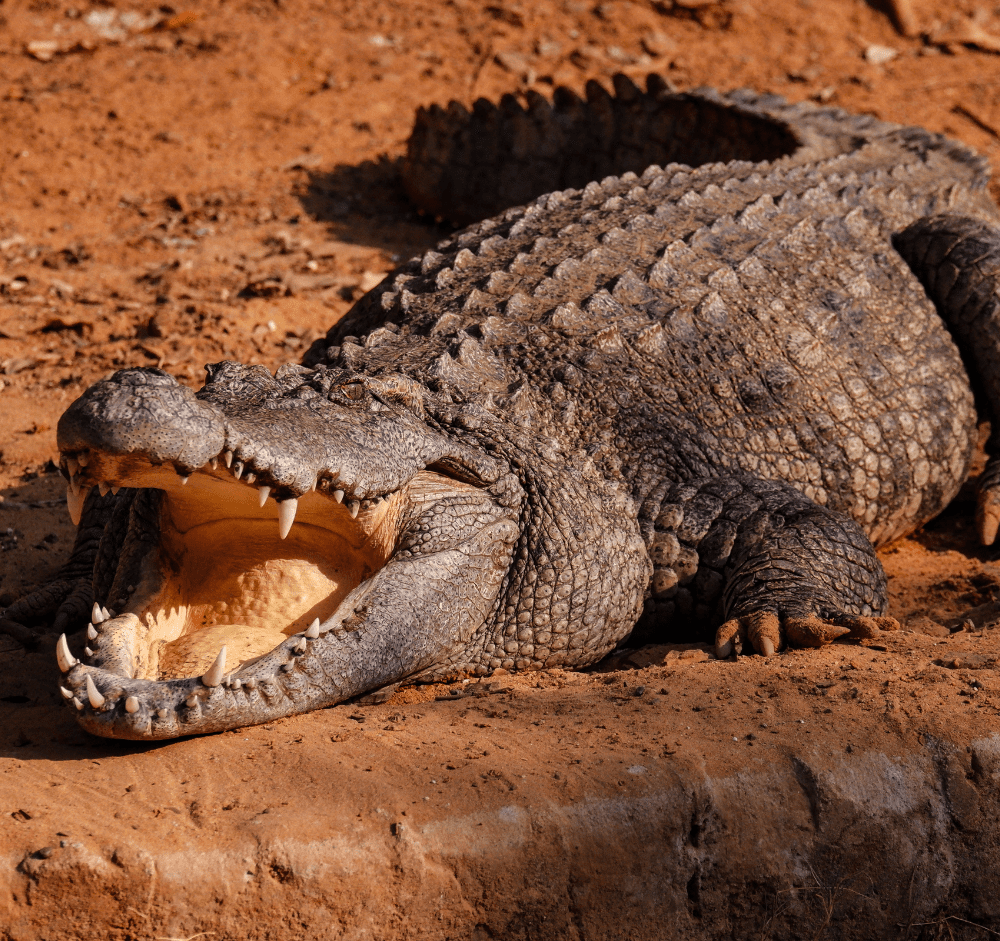Africa’s vast and breathtaking landscapes are home to some of the world’s most iconic wildlife. Yet, this natural heritage faces unprecedented threats from habitat loss, human-wildlife conflict, and the insidious grip of poaching. Amidst the often-polarized discussions surrounding wildlife conservation, a powerful and often overlooked tool plays a critical role: ethical and sustainable hunting. While the concept of hunting as a conservation strategy might seem counterintuitive to some, a closer examination reveals a complex and often vital link between responsible hunting practices and the long-term preservation of Africa’s precious biodiversity.
The Financial Engine of Conservation
One of the most significant contributions of ethical hunting to conservation lies in its ability to generate substantial financial resources. Trophy hunting, in particular, where a limited number of permits are issued for the hunting of specific, often mature male animals, can yield significant revenue. These funds, when managed transparently and effectively, are directly channeled into crucial conservation initiatives.
“The revenue generated from carefully regulated trophy hunting can be a lifeline for conservation efforts in many African countries,” explains Dr. [Insert Fictional Name of Wildlife Biologist], a leading expert in African wildlife management. “It provides the necessary capital to fund anti-poaching patrols, habitat management, and community-based conservation programs that are essential for the survival of numerous species.”
The “ISA Rates Worksheet.May25 2.pdf,” while detailing the costs associated with hunting safaris, implicitly highlights this economic engine. The fees paid by international hunters contribute directly to the operational costs of conservation areas, the salaries of rangers who risk their lives daily to protect wildlife, and the implementation of strategies to mitigate human-wildlife conflict – a growing threat as human populations expand.
Adequate Fencing: A Necessary Tool for Conservation and Sustainable Use
The document titled “Adequate Fencing.pdf,” even in its title, points to a critical aspect of wildlife management that can be directly supported by hunting revenue. Well-maintained fencing plays a multifaceted role in conservation:
- Preventing Human-Wildlife Conflict: Fences can delineate boundaries between human settlements and wildlife areas, reducing instances of crop raiding by elephants or livestock predation by lions, which often lead to retaliatory killings.
- Controlling Disease Transmission: Strategically placed fences can help prevent the spread of diseases between wildlife populations and domestic animals.
- Managing Wildlife Populations: Fencing allows for better control over wildlife populations within specific areas, facilitating effective management strategies, including the implementation of sustainable hunting quotas.
The cost of establishing and maintaining “adequate fencing” can be substantial, and revenue generated from ethical hunting can provide a crucial funding stream for these vital infrastructure projects, directly contributing to the safety of both humans and wildlife.
Successful Case Studies: Where Hunting and Conservation Intersect
Across Africa, numerous examples demonstrate the positive impact of well-managed hunting programs on wildlife conservation:
- Namibia’s Communal Conservancies: Namibia’s pioneering approach to community-based natural resource management has seen remarkable success. Communal conservancies, often supported by trophy hunting revenue, empower local communities to manage their wildlife resources sustainably. This has led to significant increases in populations of species like black rhino and Hartmann’s zebra, as communities directly benefit from the presence of wildlife and actively participate in their protection. “When communities have a direct economic stake in wildlife through tourism and carefully managed hunting, they become the strongest custodians of that wildlife,” notes [Insert Fictional Name of Conservation Manager] working in Namibia. “The revenue they earn provides tangible benefits, incentivizing them to protect wildlife from poaching and habitat destruction.”
- Zimbabwe’s CAMPFIRE Program: Zimbabwe’s Communal Areas Management Programme for Indigenous Resources (CAMPFIRE) is another example where hunting revenue has been channeled back to local communities, fostering a sense of ownership over wildlife and contributing to conservation efforts.
- Tanzania’s Selous Game Reserve: Historically, controlled hunting in areas like the Selous Game Reserve in Tanzania has generated significant revenue that supported anti-poaching initiatives and overall reserve management. While facing challenges in recent years due to poaching pressures, the principle of hunting revenue supporting conservation remains a valid and potentially powerful tool.
Addressing the Ethical Concerns
It is crucial to acknowledge and address the ethical concerns that often surround hunting. Ethical hunting is characterized by several key principles:
- Sustainability: Quotas are based on scientific data to ensure that hunting does not negatively impact the overall population of a species. Often, only mature, post-reproductive males are targeted.
- Fair Chase: Hunting methods that give the animal a reasonable chance of evading the hunter are employed.
- Respect for the Animal: The animal is treated with respect throughout the hunt and after, with proper utilization of the meat and trophies.
- Transparency and Accountability: Revenue generated from hunting is managed transparently and demonstrably reinvested in conservation and community development.
When these principles are upheld, ethical hunting can be a powerful tool for conservation, aligning the interests of local communities, governments, and hunters in the long-term survival of wildlife.
The Fight Against Poaching: A Shared Goal
Poaching remains one of the gravest threats to African wildlife. Well-funded anti-poaching units are essential for protecting vulnerable species like rhinos and elephants. Revenue from ethical hunting can provide a vital source of funding for these operations, equipping rangers with the necessary resources, technology, and training to combat poaching effectively.
“The boots on the ground fighting poachers need resources,” emphasizes [Insert Fictional Name of Anti-Poaching Unit Leader]. “Hunting revenue can provide the funding for vehicles, communication equipment, and ranger salaries, directly bolstering our ability to protect wildlife from illegal exploitation.”
Empowering Local Communities: The Human Dimension of Conservation
For conservation efforts to be truly sustainable, they must involve and benefit local communities. Ethical hunting programs often prioritize partnerships with communities living alongside wildlife areas. Revenue sharing, employment opportunities as trackers and guides, and community development projects funded by hunting revenue create a direct link between wildlife conservation and improved livelihoods. When communities see tangible benefits from the presence of wildlife, they are more likely to become active participants in their protection.
Interesting Facts:
- In some Namibian conservancies, income from trophy hunting has funded the construction of schools, clinics, and infrastructure projects, directly improving the lives of local people.
- Studies have shown that in certain areas, the presence of well-managed hunting concessions can deter poachers, as the hunting operators have a vested interest in protecting the wildlife within their designated areas.
- The selection of older male animals for trophy hunting often has minimal impact on the reproductive success of the population, as younger, more vigorous males are still available for breeding.
Conclusion: A Balanced Approach to Conservation
The relationship between ethical hunting and wildlife conservation in Africa is complex but undeniably significant. When governed by sound scientific principles, strict ethical guidelines, and transparent financial management, responsible hunting programs can generate crucial revenue streams that support anti-poaching efforts, habitat protection, and community empowerment. While ethical concerns must always be at the forefront of any hunting operation, dismissing the potential conservation benefits outright would be a disservice to the long-term survival of Africa’s magnificent wildlife. A balanced approach that recognizes the role of sustainable hunting as a conservation tool, alongside other vital strategies like ecotourism and protected area management, offers the most promising path towards securing a vibrant future for Africa’s natural heritage.
